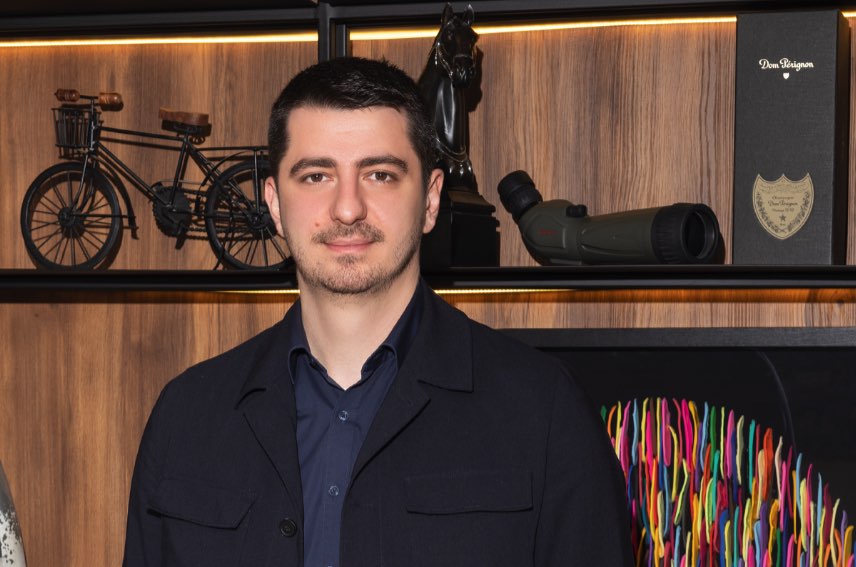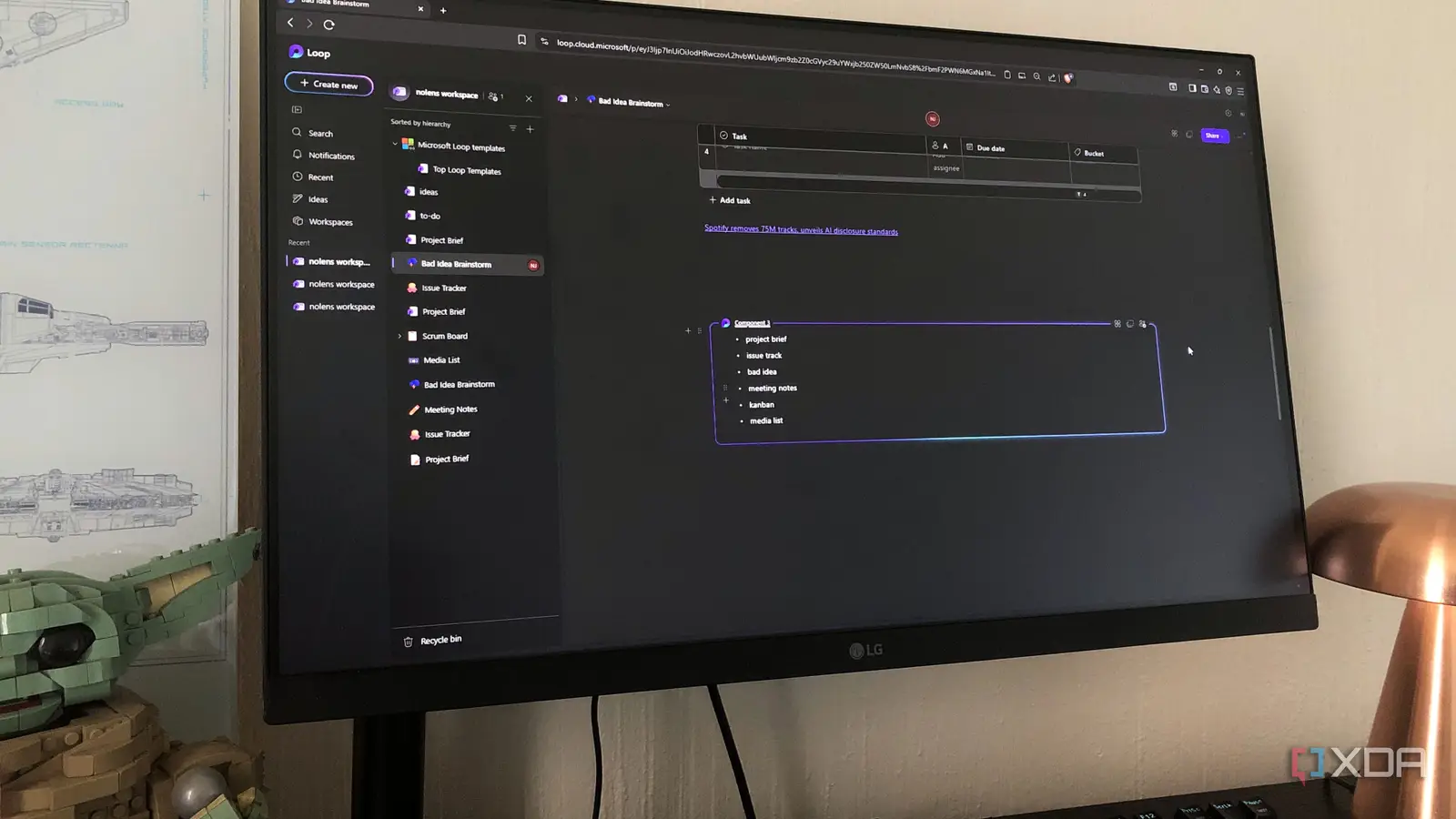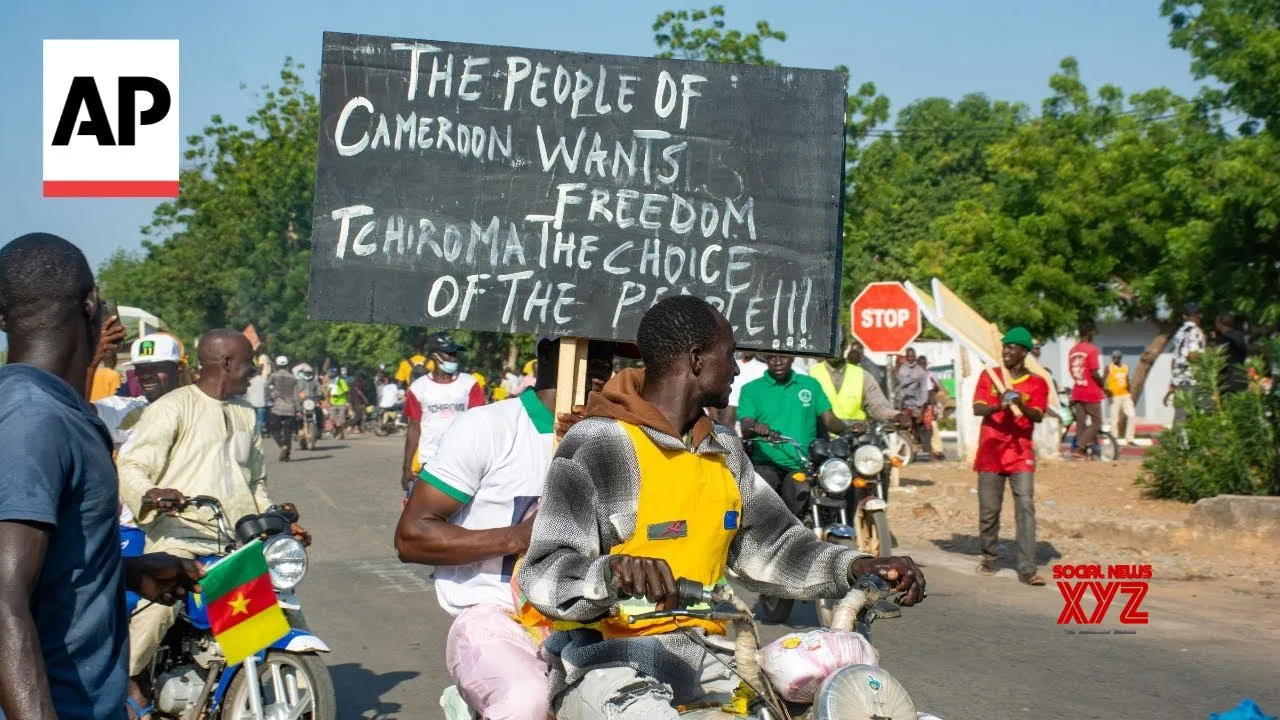Copyright finchannel

Tbilisi undergoes one of the most dynamic periods of transformation in its modern history, the conversation around sustainable urban development has taken center stage. Balancing rapid growth with the preservation of the city’s cultural and architectural heritage remains a defining challenge for developers and policymakers alike.The Financial spoke with Vakhtang Chqareuli, CEO of Apart Group, one of Georgia’s leading real estate developers, whose projects in Old Tbilisi and beyond exemplify a thoughtful blend of innovation and tradition. In this interview, Chqareuli shares his vision for creating spaces that enhance quality of life while safeguarding the spirit and identity of Georgia’s capital. Q. How would you define the current trends in Tbilisi’s urban development? A. Tbilisi’s urban development is becoming increasingly human-centered. We are witnessing the rise of multifunctional complexes that bring together residential, recreational, commercial, and wellness spaces,- reflecting the growing demand for comfort and a higher quality of life within the urban environment. Q. To what extent is the city’s growth balanced with ecological and cultural principles? A. Tbilisi has an exceptionally rich cultural heritage, which forms a vital part of the city’s identity. In its historic districts, strict state regulations are in place to preserve this distinctive character. Apart Group was among the first developers to implement this approach in practice. Despite numerous challenges and lengthy processes, we succeeded in breathing new life into Old Tbilisi, blending modern architectural elements seamlessly with its historic fabric. Q. What role do private development companies like Apart Group play in the city’s sustainable development? A. Sustainable urban development involves far more than construction quality. It requires well-planned infrastructure, effective transport systems, and attention to social and cultural inclusivity. For us, these principles are embedded at the earliest stages of every project. Our first developments took place in Old Tbilisi – an area where these challenges are particularly critical. This experience shaped our company’s signature approach and became one of our core values. Q. How do you balance commercial objectives with environmental responsibility? A. It is a common misconception that environmental responsibility and commercial goals are in conflict. For us, these two directions reinforce each other rather than compete. Every project begins with the goal of creating long-term value — ensuring both economic viability and ecological accountability. Q. How difficult is it to preserve historical authenticity in modern projects? A. Preserving historical authenticity while integrating modern elements is one of the most challenging yet creative aspects of any development project. It requires a deep understanding of the site’s historical characteristics, architectural style, and overall spirit – while adapting them to contemporary needs. The result is a unique and distinguished project that connects past and present. Q. Which neighborhoods do you prioritize, and what factors guide your decisions? A.When selecting a location, we aim to uphold our core philosophy – creating residential complexes centered on people’s needs. Apart Group is currently managing several projects in Old Tbilisi, Krtsanisi, Saburtalo, and Vake. At the same time, we are developing new concepts that we look forward to announcing in the near future. Q. Do you follow specific standards or principles regarding energy efficiency, green spaces, or environmentally friendly materials? A. For us, energy efficiency and environmental responsibility begin at the design stage. We use modern technologies that reduce energy consumption, preserve green areas whenever possible, and select certified, eco-friendly materials. This approach represents an investment not only in the environment but also in the quality of life of our residents. Q. Can you provide specific examples from your projects? A. Our developments in Old Tbilisi clearly demonstrate how contemporary architecture can be organically integrated into a historical setting. In one of our projects, for example, we preserved the authentic façade while transforming the interior with modern spaces and infrastructure – maintaining the unique character of the neighborhood. Q. How does Apart Group address the challenges of unplanned construction and overloaded infrastructure in Tbilisi? A. We believe it is our responsibility not to contribute to such problems. Therefore, we approach each location with great care, thoroughly studying transport schemes, infrastructure capacity, and environmental factors before making any development decisions. Q. How important is public engagement in the planning of new projects? A. Public participation is a key tool in both commercial and architectural decision-making. Listening to people allows us to better understand their needs and create products that genuinely meet their expectations. In Old Tbilisi, this process is particularly complex due to the presence of many heritage buildings. It requires careful dialogue with residents and a responsible approach to preservation. We strive to find common ground with the community, which helps us align design concepts with the true characteristics of each location and build greater trust and acceptance. Q. How do you envision the future of Tbilisi’s urban landscape over the next decade? A. The coming decade will likely bring more multifunctional spaces, eco-friendly architecture, and decentralized urban services. People increasingly value greenery, comfort, and quality of life – trends that will define the next phase of Tbilisi’s urban vision. Q. What changes are necessary for the city to develop without losing its character? A.Development must be guided by a long-term vision rather than short-term economic goals. Clear regulations, professional ethics, and respect for cultural heritage are essential. If these principles are maintained, Tbilisi can continue to grow while preserving its unique identity. Q. Does Apart Group plan projects that will contribute to the city’s social or cultural development – for example, public spaces or the rehabilitation of historic sites? A. Yes, our vision includes projects that go beyond residential purposes to create public and cultural value. We aim to develop spaces that contribute to the community and enhance the city’s cultural landscape. Q. In your view, how can Tbilisi strike a balance between modernization and tradition? A. Balance is achieved when tradition is seen as a resource rather than a restriction. Historical areas should be enriched with contemporary architectural elements that preserve their spirit. This philosophy lies at the heart of all our projects — respect for the past combined with a bold vision for the future.



